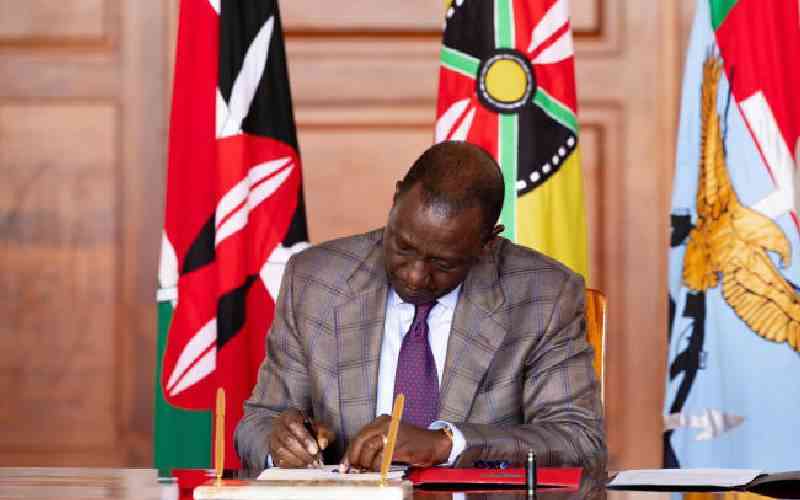×
The Standard e-Paper
Join Thousands Daily

Despite the rejection of the Finance Bill 2024 by Kenyans and its eventual withdrawal by the government, Kenyans might not be off the hook yet.
The government could still explore ways of introducing new or additional taxes, levies, and fees through the review of other laws, something that the National Treasury Cabinet Secretary nominee John Mbadi said he would look into if he got the job.